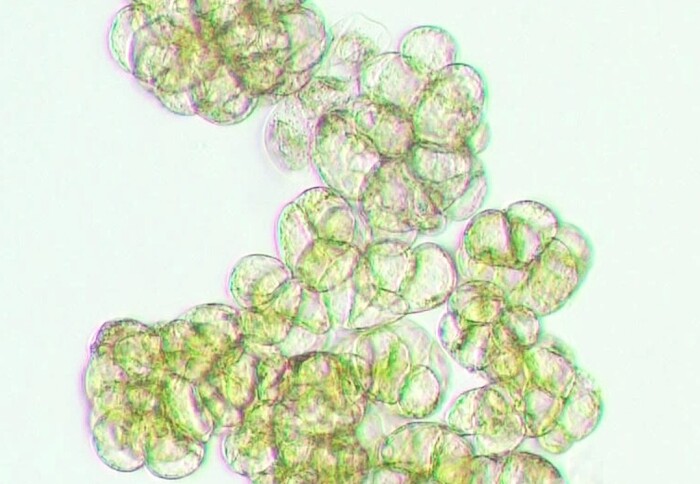Bioengineer receives Schmidt Science Polymath Award
by Helen Wilkes

Dr Naomi Nakayama from the Department of Bioengineering has received the Schmidt Science Polymath Award.
The program supports recently-tenured professors with remarkable track records, promising futures, and a desire to explore interdisciplinary research offering $500,000 per year for 5 years. The program aims to encourage the best polymath scientists to expand their research portfolios by exploring a substantive disciplinary shift soon after achieving tenure.
Dr Nakayama directs the Biological Form and Function Lab, where an interdisciplinary and international team of researchers study the how and why of plant design. Plants make highly specialised structures to sense and respond to the environment, such as optical cues, airborne chemicals, and moisture levels. For example, the common dandelion makes a parachute-like bundle of hairs above its seed to enhance air drag, which closes when wet. This morphing enables the seed to fly away preferentially in strong wind, aiding long-distance dispersal.
Originally trained as a botanist and developmental biologist, Dr Nakayama expanded her scientific field to biomechanics, evolutionary biology and ecology, and synthetic biology. She aims to understand the evolutionary forces acting on biological design, to predict future forms of life through the changing climate.
 Members of the Biological Form and Function Lab with Dr Nakayama (end right)
Members of the Biological Form and Function Lab with Dr Nakayama (end right)
Funding from the program will enable Dr Nakayama to explore synthetic biological engineering of plant growth and development in regenerative cultures, with the scope of kickstarting cellular agriculture of plant-based products.
Dr Nakayama said ‘I am delighted by the news and grateful for this incredible support and opportunity. We are excited to embark on a new direction in our research.
With this award, my team will delve into the engineering plant regeneration process to create new bio-production systems for the plant-based materials and food consumed the most in our everyday life. We aim to develop technologies that will be able to feed the world with much less carbon footprint and land, water and energy usage than traditional means. This type of bottom-up agriculture has great potential to catalyse sustainable agriculture.
This scheme is special in that it fills three major gaps in the funding landscape. First, it is for mid-career researchers specifically; there are much fewer opportunities targeted to this stage of academic career, compared to new independent researchers or senior professors.
Second, we are usually assumed to be experts in the proposed research area; a chance to pivot into a new frontier is rare.
Third, most interdisciplinary grants bring together a group of experts in different fields, rather than supporting someone who has hopped across disciplinary boundaries and trained in multiple fields; this grant is for such scientific bridges and interpreters.’
‘We are pleased to bring together a group of determined researchers, each pursuing new research directions to tackle pressing global challenges,’ said Stuart Feldman, Chief Scientist of Schmidt Futures. ‘From improving brain imaging and addressing gender bias in medical research, to developing sustainable construction materials and advancing regenerative agriculture, these Polymaths' interdisciplinary work is poised to drive transformative advancements in diverse fields. They will join forces with the current twelve Polymaths, creating a dynamic community of scholars driven by intellectual curiosity and the shared goal of addressing some of the world's most pressing problems with fresh perspectives and bold ideas.’
Adapted from materials provided by Schmidt Futures
About Schmidt Futures:
Founded by Eric and Wendy Schmidt, Schmidt Futures is a philanthropic initiative that finds and connects talented people across fields, generations, and geographies to harness their collective skills for public benefit.
Article text (excluding photos or graphics) © Imperial College London.
Photos and graphics subject to third party copyright used with permission or © Imperial College London.
Reporter
Helen Wilkes
Faculty of Engineering